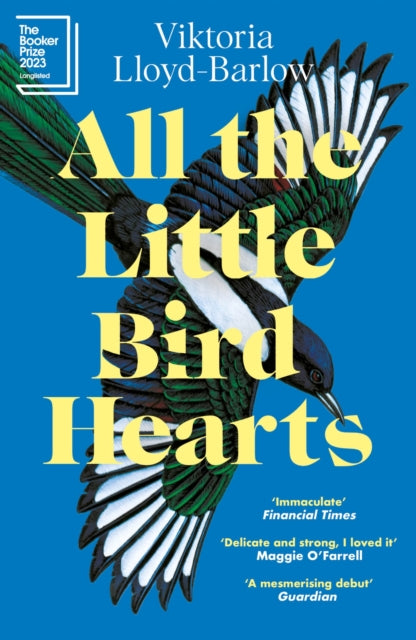Information and links
Are you interested to find out more about gender bias in literature, reading, and publishing? We've pulled together some links and resources for further reading that shows some of the reasons why we think it is important for Collected to focus on and promote writing by women.
Penguin Random House and Runnymede Trust's report Lit in Colour found that fewer than 1% of students at GCSE study a book by a person of colour. The same report found that fewer than 7% of students at GCSE study a book by a woman.
https://www.penguin.co.uk/lit-in-colour
In 2018, author Kamila Shamsie wrote a provocation calling for a year of publishing women, inspired to do so having pulled together the following statistics on the Booker Prize for the preceding five years:
- under 40% of books submitted for consideration for the prize were written by women
- percentage of women on the shortlist has been 46%
- percentage of winners who have been women has been 40%
In addition, selections for World Book Night over the same five year period were 64 books by men and 36 books by women.
In 2015, author Nicola Griffith looked at the winners of six major literary prizes (Pulitzer, Booker, National Book Award, National Critics' Circle Award, Hugo and Newberry medal) from 2000 to 2014. Her analysis showed that not only were more of the prizes awarded to male writers but that books were more likely to win if they were about men and boys.
Research by The Guardian showed that there is also an imbalance in literary journalism, in terms of both the gender of those doing the reviewing and of those being reviewed. The contrast is particularly stark in non-fiction, a field which is largely male dominated.
https://www.theguardian.com/books/2013/jun/08/calculating-gender-balance-uk-literary-journalism
Mslexia magazine's mission is "to help women express themselves and get their writing noticed: in print, online, and in performance." Research into book review practices and trends, published in Mslexia revealed that "Book reviewers were over three times more likely to use 'domestic' words such as 'marriage', 'mother', 'love', and 'beauty' about women's books, and twice as likely to use 'ideas' words such as 'leader', 'argument', and 'theory' about men's books - regardless of the subject matter of the books concerned."
